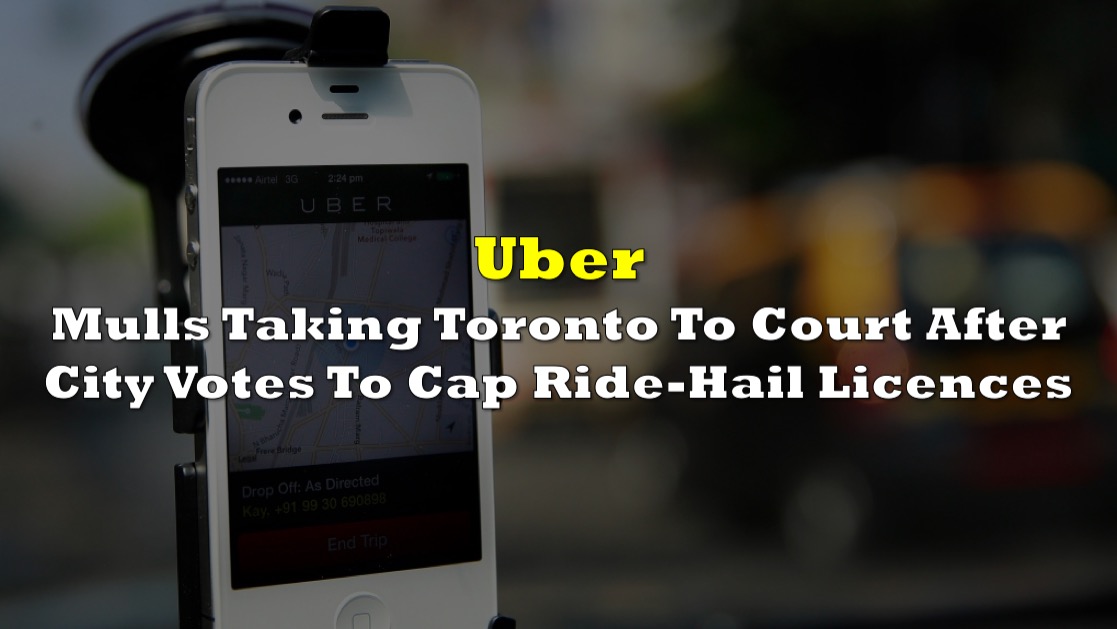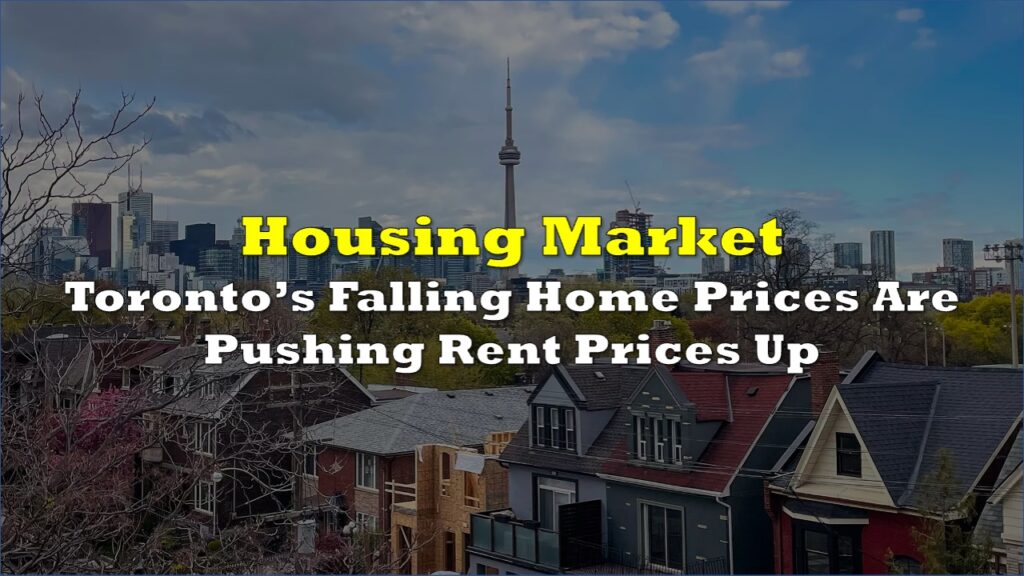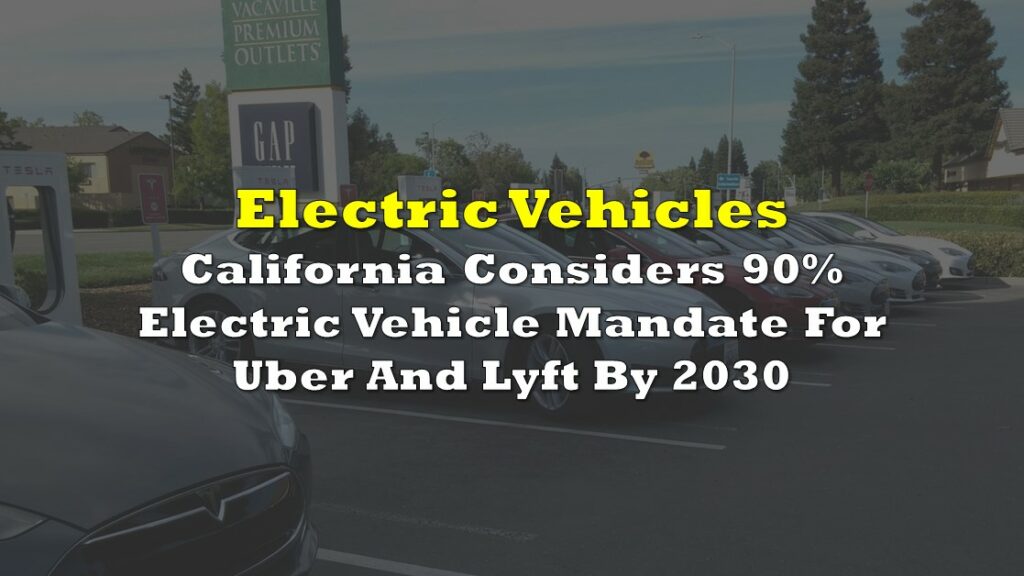Toronto’s battle with its congested road network’s contribution to climate change has led to a new policy passed by local officials, generating a mixed response from various stakeholders.
On Wednesday, city councillors voted in favor of freezing the registration of new ride-hail drivers, including those working for companies like Uber (NYSE: UBER) and Lyft (NASDAQ: LYFT). This policy mandates that the number of drivers cannot surpass its current level unless they are operating zero-emissions vehicles.
Toronto City Council voted to pause #Uber licenses.
— EconomicWoes 🦁 (@ManyBeenRinsed) October 11, 2023
Holy fuck … gig workers are fucked.
How’s that immigration narrative working out?!?
Many will be fucked. pic.twitter.com/Xkp6unOC0O
The news was met with a warm welcome from local taxi companies and advocates, who see it as a much-needed step towards leveling the playing field in an industry they believe has favored app-based companies for over a decade.
However, Uber swiftly responded with concerns, arguing that this move could lead to increased costs and longer wait times for users. The ride-hailing giant even hinted at potential legal action, stating they were “reviewing all legal options.” Uber stressed that this cap would “hurt the diverse group of Torontonians who rely on rideshare as part of their transportation mix and those who drive rideshare for additional income.”
On the other hand, transit advocates saw the decision as a step in the right direction, believing it could help revive ridership on Toronto’s public transit system, which has been struggling to recover since the COVID-19 pandemic.
Shelagh Pizey-Allen from the advocacy group TTC Riders noted, “We need to make sure ride-hailing complements public transit rather than replacing it. This pause ensures we won’t repeat the mistakes of the past while work on a balanced framework for the sector moves forward.”
The cap on new drivers could remain in place for up to a year while city officials evaluate the best way forward. City councillors have requested a comprehensive report on the ride-sharing and taxi industry, along with their emissions impact, to be completed by the end of 2024. Until the report is finished, the number of drivers will be capped at its current level as of October 12, 2023.
Toronto’s latest decision to restrict the number of Uber and Lyft vehicles on its streets garnered support from Mayor Olivia Chow, who believes it will benefit ride-hail drivers and reduce emissions. However, critics fear it may lead to higher trip prices and potential legal battles from the powerful ride-hailing companies.
The vote, with the mayor’s backing, was approved 16-7. It temporarily suspends the issuance of new licenses to “private transportation companies” at current levels, estimated at around 52,000. The motion specifies that the limit will stay in place until city staff present a report on regulating the industry by the end of 2024, although opponents worry it could become permanent.
Councillor Colle’s motion to cap the number of Uber/Lyft/etc and taxi licenses at the current level, until the city completes its review of the vehicle-for-hire industry, CARRIES 16-7. pic.twitter.com/WZ5PKYj8J0
— Matt Elliott (@GraphicMatt) October 11, 2023
Despite these concerns, supporters of the decision highlight the potential benefits, including improved wages for drivers, particularly low-income individuals, people of color, and newcomers. It is also seen as a step toward reducing pollution caused by the transportation sector, which accounts for 4%-6% of Toronto’s greenhouse gas emissions.
Ride-hailing advocates and drivers argue that limiting the number of ride-sharing vehicles on the road, similar to policies enacted in cities like New York in 2018, is an effective and equitable strategy for reducing emissions, as opposed to requiring drivers to purchase expensive new cars.
“We need to put a really good framework, a good system in place so that drivers can make a living, and that we will have a good system without contributing too much on congestion and greenhouse gas emissions,” Chow said.
Pretty awful development for anyone who uses Uber in Toronto. Mayor Olivia Chow has hired Brendan Agnew-Iler as her policy guy. Why does this matter? Because he’s the co-founder of the taxi lobby group Ridefair who is still active in Toronto’s lobbyist registry 🤷♂️
— David Clement 🌐 (@ClementLiberty) October 3, 2023
Information for this briefing was found via Global News, Toronto Star, and the sources mentioned. The author has no securities or affiliations related to this organization. Not a recommendation to buy or sell. Always do additional research and consult a professional before purchasing a security. The author holds no licenses.









